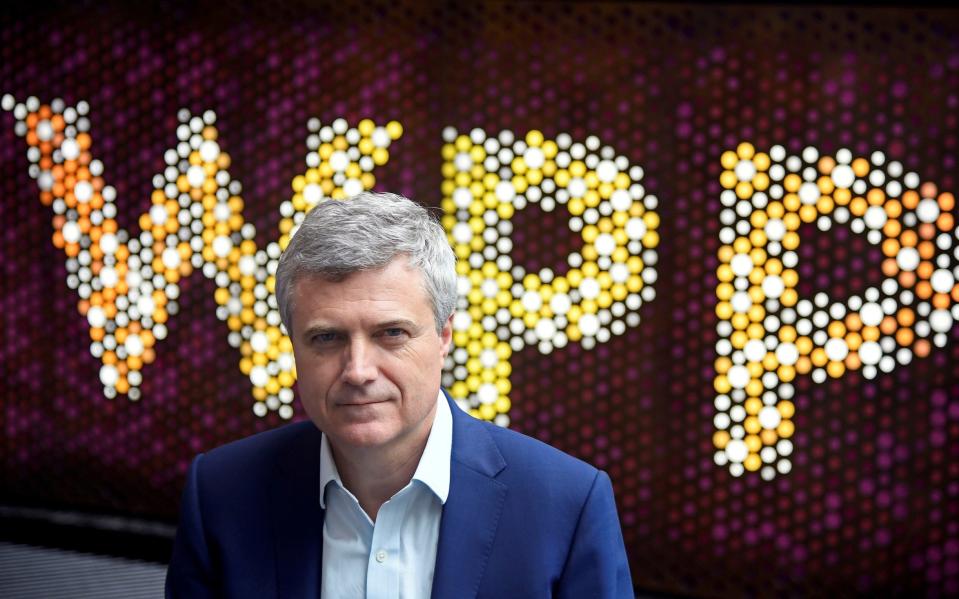Boss of world’s biggest ad firm impersonated by AI in elaborate deepfake scam

The boss of one of the world’s largest advertising companies was impersonated by artificial intelligence (AI) in an elaborate deepfake scam.
Fraudsters mimicked Mark Read, chief executive of WPP, in a recent video meeting in an attempt to solicit money and personal details from the boss of one of the group’s agencies.
The scammers created a fake WhatsApp account with a publicly available image of Mr Read before using this to set up a Microsoft Teams meeting with the agency chief.
They subsequently deployed an AI-powered voice clone and YouTube footage to imitate Mr Read and a fellow WPP executive.
Details of the scam, which was not successful, were outlined in an email from Mr Read to senior members of staff.
In the email, first reported by The Guardian, Mr Read wrote: “Fortunately the attackers were not successful.
“We all need to be vigilant to the techniques that go beyond emails to take advantage of virtual meetings, AI and deepfakes.”
It marks the latest attempt by scammers to harness new AI-generated technologies to trick corporations and their staff into handing over money or sensitive data.

Earlier this year, a finance worker at a bank in Hong Kong was tricked into paying £20m to fraudsters who created a deepfake video featuring his colleagues.
Rapid advances in technology mean criminals can now assume a person’s likeness and imitate their voice with brief snippets of video footage.
Mr Read wrote: “We have seen increasing sophistication in the cyberattacks on our colleagues, and those targeted at senior leaders in particular.”
The advertising chief urged staff to look out for “red flags” in potential scams, including requests to hand over passport details, transfer money or any reference to a “secret acquisition, transaction or payment that no one else knows about”.
It comes as WPP, which owns agencies including Ogilvy and Wunderman Thompson, grapples with the impact of AI on its own business.
The rapid growth of AI has sparked fears that the technology could be used to generate adverts cheaply, posing a major threat to traditional agencies.
Mr Read has played down the risks of AI, insisting it was an opportunity rather than a threat.
The company has outlined a new AI strategy and plans to invest £250m a year in the technology.
A WPP spokesman said: “Thanks to the vigilance of our people, including the executive concerned, the incident was prevented.”

 Yahoo Finanza
Yahoo Finanza 